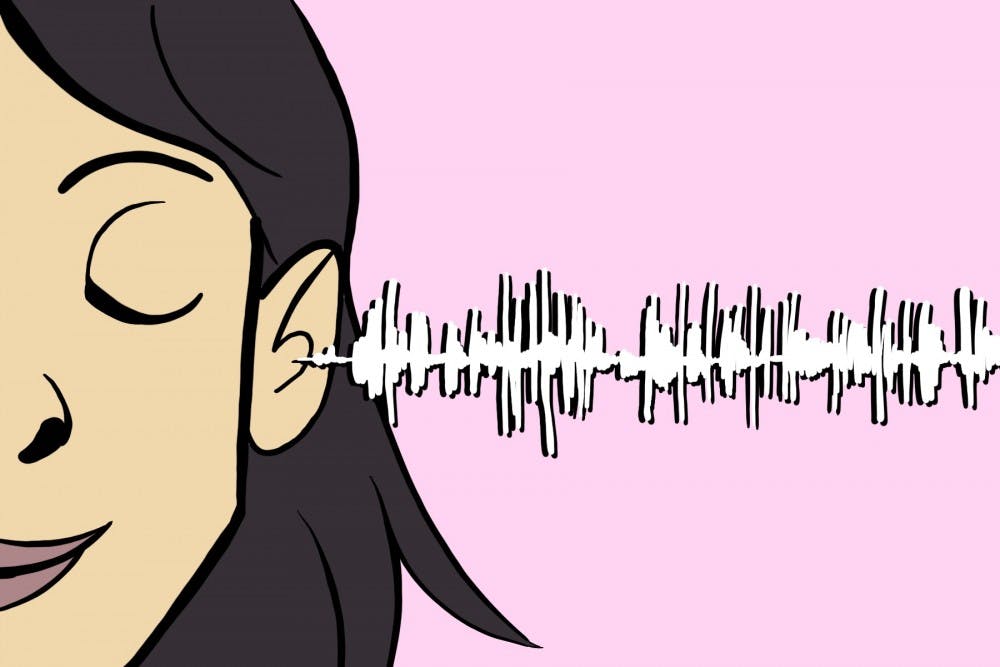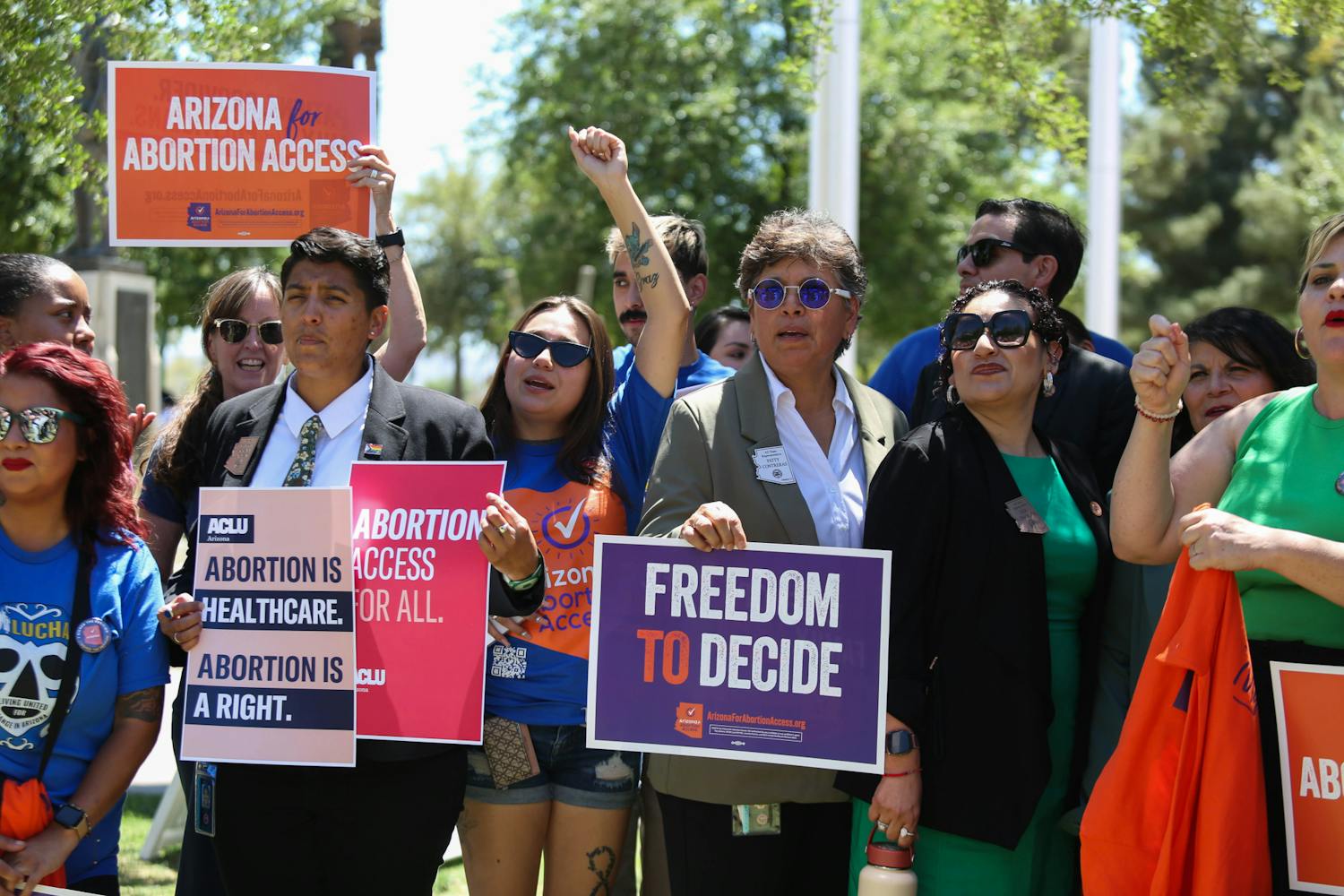It is easy for those who are deaf or hard-of-hearing to feel excluded, especially at events centered around an auditory experience.
Something that is not widely discussed at ASU, and in society as a whole, is the deaf community.
Often times, people fail to consider the challenges the deaf community faces. It is important to educate ourselves on these struggles in order to better understand how we can help them.
ASU needs to be more proactive in providing innovative resources for its deaf or hard-of-hearing community — especially when it comes to music.
People may think that those who are deaf can not experience music in the same way people who hear can.
Although they may not be experiencing music in the same way, the deaf community should still be given the opportunity to partake in activities such as music classes and musical events.
ASU does provide some aid in order to accommodate the needs of those who are deaf or hard-of-hearing.
“We have had deaf students take online music classes," Lori Johnson, manager of the deaf and hard-of-hearing services at ASU, said. "What we do is we make sure we provide transcripts so they have access to the lyrics.”
For students attending musical events, however, it can be difficult to get an interpreter. Students have to make a request a couple days in advance. In some instances, students will not know about an event until the day of, which poses complications.
“Unfortunately … to do music takes a lot more effort. You (interpreters) have to have the lyrics and have time to prep and everything," Johnson said. “Being a school of innovation, I would hope that there are areas or colleges at the university that think of this population and put some energy toward thinking in an innovative way to make sure they have access to the broad spectrum of events and things going on at ASU.”
ASU provides the Audiology program, which allows students to learn the different clinical practices involved in diagnosing and treating hearing problems.
The AuD students on campus hold meetings four times a year and encourage hard-of-hearing students to attend. It provides them with an opportunity to learn more about their hearing devices and strategies to help them improve their communication.
Despite these accommodations, ASU could do more to help the deaf community. The interpretation services on campus are lacking and can limit access to specific events.
ASU prides itself on its diversity and in doing so, we should acknowledge the deaf community as well, both in and out of class.
As the most innovative university, with inclusion central to its charter, ASU needs to be held accountable for promoting participation from all students, and look for innovative strategies to do so.
“I think we could really be the front runner in showing that we do think of those populations from the get-go," Johnson said. "Even if we were just to provide captioning, that would be better than nothing.”
In doing so, not only would ASU be benefiting the deaf community on campus, but it would also be providing a welcoming environment for friends and families who are also part of the deaf community.
Even something as little as providing interpreters at events would be very helpful. ASU has the responsibility to create a supportive and fair environment for all students.
Being inclusive is extremely important to ASU's identity — making little steps in the right direction can cause significant positive change over time.
Reach the columnist at trwska96@gmail.com or follow on Twitter @trwscuit.
Like The State Press on Facebook and follow @statepress on Twitter.
Editor’s note: The opinions presented in this column are the author’s and do not imply any endorsement from The State Press or its editors.
Want to join the conversation? Send an email to opiniondesk.statepress@gmail.com. Keep letters under 500 words and be sure to include your university affiliation. Anonymity will not be granted.




